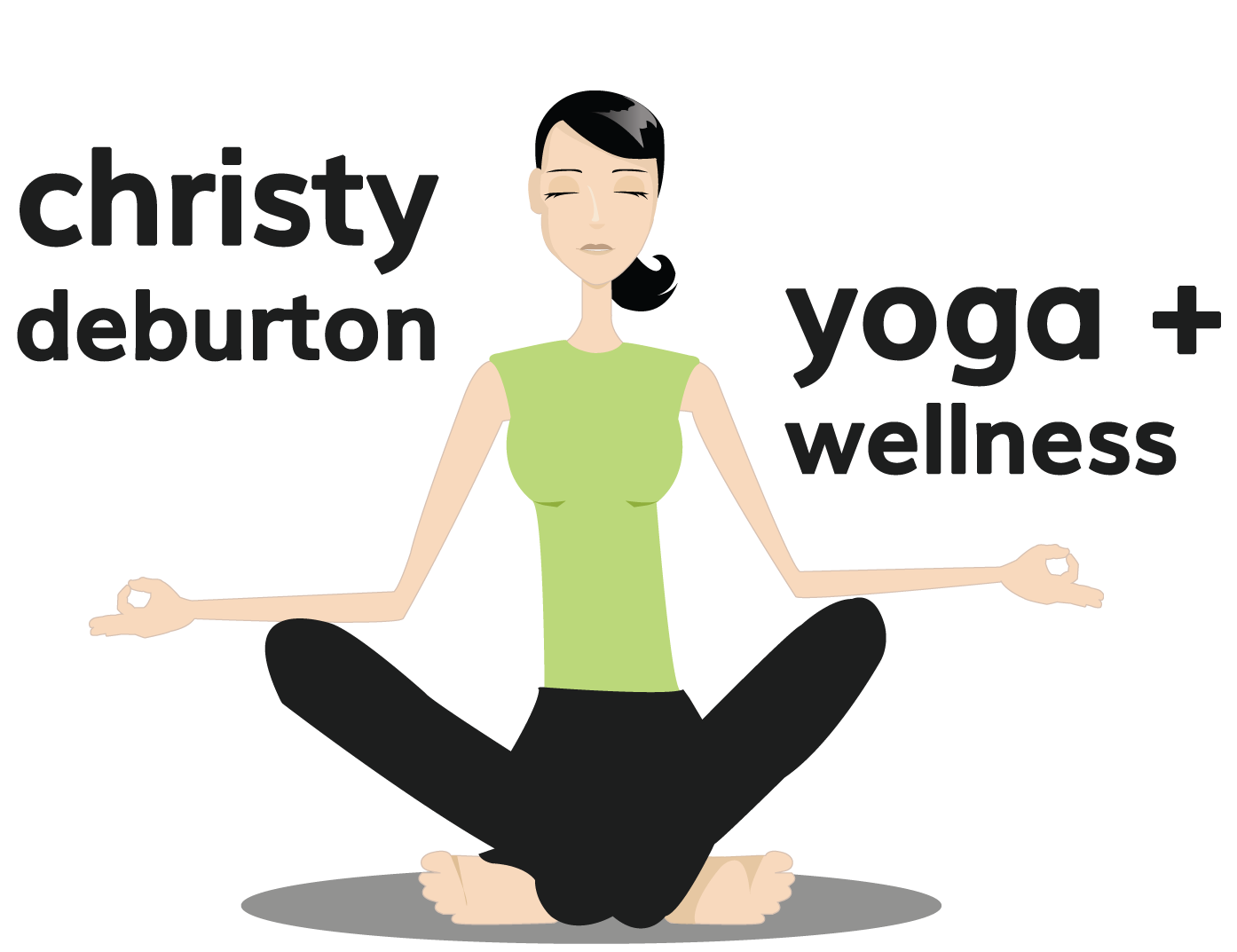I am here to tell you: perimenopause can do a number on your body. If you want to be proactive in finding natural ways to alleviate your perimenopause symptoms–as opposed to popping pills–check out my series of 5 blog posts with lifestyle changes you can make (links at the bottom of this post). My topic this week is Nutrition.
If you need a reason to eat healthier, (peri)menopause is it. The healthier you are during these years, the more likely you will have an easier transition. (This is not just my opinion; it’s science.) Here are just a few of the nutrition changes I have incorporated personally:
Regular mealtimes
Your hormones are connected and driven by your body’s daily rhythms, so to support your hormones make sure to have regular mealtimes for breakfast, lunch and dinner. To give my body time to rest and digest, I eat my last meal of the day at least 3 hours before I go to bed, and am good about no snacking between meals (although I have found that a little protein snack of nuts about an hour before bed helps to not wake up hungry in the middle of the night!).
Protein, Fats + Fiber
Eating a well-balanced diet of clean protein, (good) fats, fiber, vegetables and fruits is something we all should be doing already. But during my (peri)menopause transition I have found it helpful to focus specifically on protein, fats and fiber–to balance my adrenals and blood sugar, and help with muscle mass. While many Americans actually get too much protein in their diets, some women are not getting enough as we head into menopause. In my Ultimate (Peri)menopause Guide I give you specifics on how much to increase your protein and what are the best sources, as well as examples of good fats and high fiber foods.
Cut down on sugar, alcohol and processed foods
I’m sorry to have to say it, but you really should cut these things out of your diet as much as possible. Take it from me, sugar and alcohol make the hot flashes worse, and can also be the culprits behind insomnia and weight gain. I know it’s hard to give up these ‘treats,’ but do your own experiment and see if it makes a difference to how you feel. It did for me!
I have lots more nutrition advice for perimenopause in my Ultimate (Peri)menopause Guide – as well as other lifestyle changes you can make to help you manage your perimenopause symptoms such as Sleep; Yoga + Exercise; Herbs + Supplements; and Self-Care. These have all helped me. I hope they help you too!


 Yin Yoga for Anxiety
Yin Yoga for Anxiety